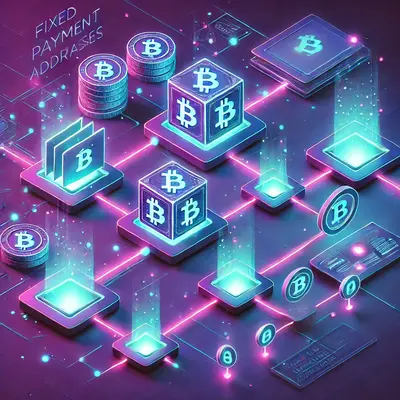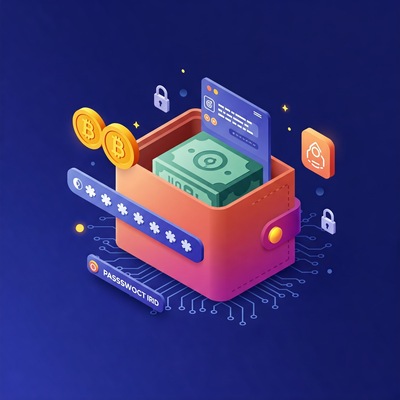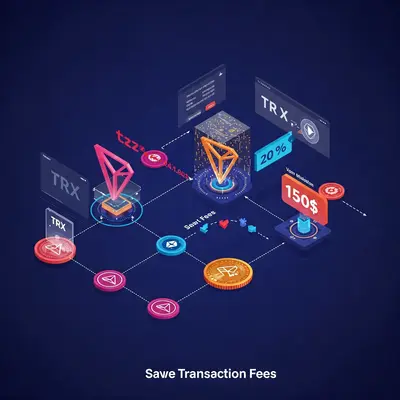Blog Post
Read our latest blog posts and stay updated with the latest trends and insights in the blockchain industry.
Explore a wide range of topics and discover valuable information that can help you enhance your
knowledge and skills.


By Chaingateway
Mar 7, 2022
When it comes to the development of Blockchain projects like Exchanges, Block Explorers, Airdrop Bots, ICO Scripts, Online Shops with cryptocurrency payment options or cryptocurrency payment processors it is required to interact with a Blockchain in some way. But which method is the best, Blockchain API or Blockchain Node?
If you have absolutely no idea what a Blockchain API is meant to do, let me give you the following example: You login to your favorite cryptocurrency exchange and decide to deposit 100 Tron to convert it to Bitcoin. You will probably click on a button similar to “Deposit Tron (TRX)”. Now, you see a Tron address which you can send your 100 Tron to. But how does the exchange know when the 100 Tron has been received? The exchange could use a webhook system which would send this information to the exchange server every time a deposit is received. In this example, the solution offering the webhook system would be the Blockchain API.
Let me give you another quick and simple example, just in case. Imagine you want to check the Ethereum balance of one of your cold wallets. You would probably go to a block explorer like Etherscan and type your Ethereum address into the search field. Now, Etherscan will show you a lot of different information about the address, including the current balance in Ethereum. Etherscan has to get all this information from some Blockchain API or Node in order to show it to you.
There are several ways to realize use cases like mentioned above:
Most developers may still set up their own Blockchain node. We won’t dive in deep into how to setup a blockchain node, as this task may be very difficult depending on the actual Blockchain. Beside the technical steps of setting up a Blockchain Node, developers need to have good understanding of IT security to properly secure the server the Blockchain Node is running on. The hardware side requirements are also heavy for many Blockchains, which can make it difficult to afford running an own Blockchain Node. On the advantage side it may be the option with most control for the developer with no limits. On the development side you will have to learn how to consume raw data from a node and decode it properly. This can be hard as Blockchain Development has a very steep learning curve.
As APIs are meant to be consumed by usual developers and applications, they are built to implement them easy. There are also Blockchain Nodes running in the background, but these are operated and maintained by the Blockchain API itself. In many cases, the data which comes from the nodes is being decoded automatically. Although users sharing the same node, most Blockchain APIs have an integrated load balancing, which allows them to process many requests at the same time. Like with many cloud based solutions, downtime may occur. But these should generally be at a minimum. Least but not last, Blockchain APIs have a good support and as they earn from their solution, they will be happy to help you with any implementation errors you may have.
All in all, who is looking for a simple and straightforward way to work with Blockchains, should go with a Blockchain API. This is very cost effective due to less time which is needed for maintaining and learning about Blockchain development. They are also very flexible in terms of cost due to a cost by use or monthly fixed plan model. Even big solutions which have own Blockchain developers might go with a Blockchain API for their infrastructure to reduce costs in long term.
If you are still looking for a good Blockchain API, you’ve come to the right place. Chaingateway.io runs one of the most popular Blockchain APIs available on the web. Operated in Germany with focus on security and innovation, it is very recommended to give it a try.
Share This Post
Enter your email to receive our latest newsletter.
Don't worry, we don't spam

chaingateway

chaingateway

chaingateway
You may have heard about Non Fungible Tokens (NFTs). The most popular NFT standard right now is ERC721. But what actually defines a ERC721 token? And how does it technically work?
Learn what defines an ERC20 token, how it works, and why it's the most popular fungible token standard on Ethereum.
Compare Binance Smart Chain and Ethereum to find out which platform is best for your decentralized application or token.